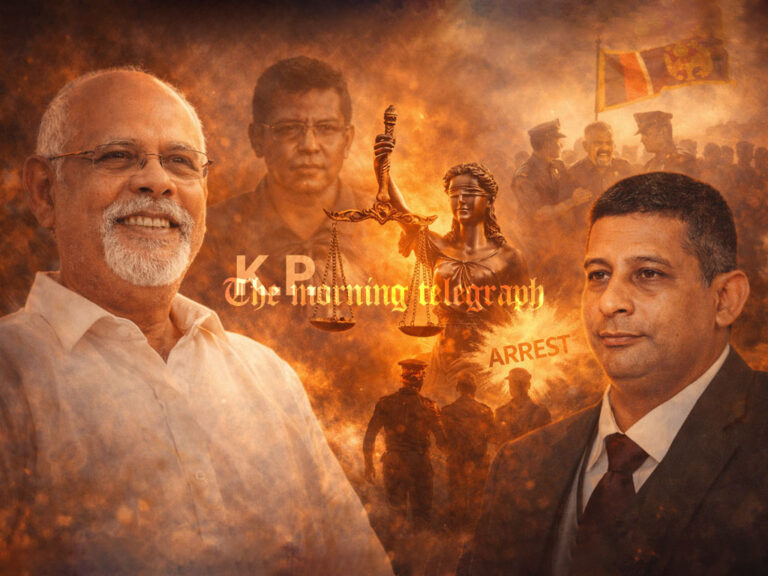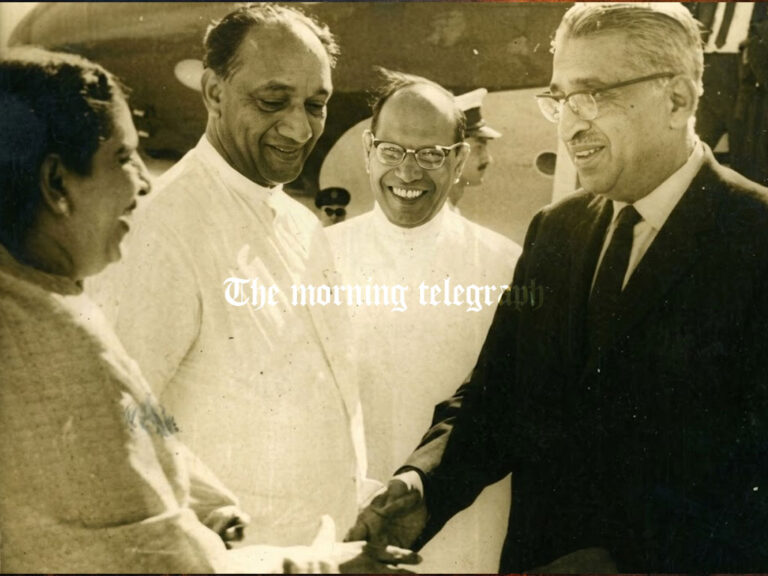
The Sri Lankan government has announced plans to apologize to the Muslim community for its controversial policy of forced cremation of Covid-19 victims. The policy, which mandated the cremation of all Covid-19 deceased, was met with strong opposition from the Muslim community and human rights organizations, who argued that it violated religious and cultural practices.
The forced cremation policy was implemented early in the pandemic as a precautionary measure to prevent the spread of the virus, based on initial fears that the virus could be transmitted through the bodies of deceased individuals. However, these fears were later dispelled by scientific research, which showed that the virus does not pose a risk from deceased bodies.
The policy led to significant distress among Sri Lanka’s Muslim population, for whom cremation is against religious beliefs. Families were unable to conduct traditional burial rites for their loved ones, which fueled widespread protests and calls for a review of the policy.
The Sri Lankan government has since acknowledged the impact of the policy on the Muslim community and has expressed regret over the distress it caused. A formal apology is expected to be issued, and the government has promised to review and amend its policies to ensure that they respect the religious and cultural practices of all communities.
This move comes amid broader efforts to address grievances and improve relations with minority communities in Sri Lanka. The apology is seen as a step towards reconciliation and addressing the fallout from the pandemic-era policies that affected many.
The government’s decision has been welcomed by human rights advocates and members of the Muslim community, who view it as an important acknowledgment of the wrongs committed and a positive step towards healing and restoring trust.




